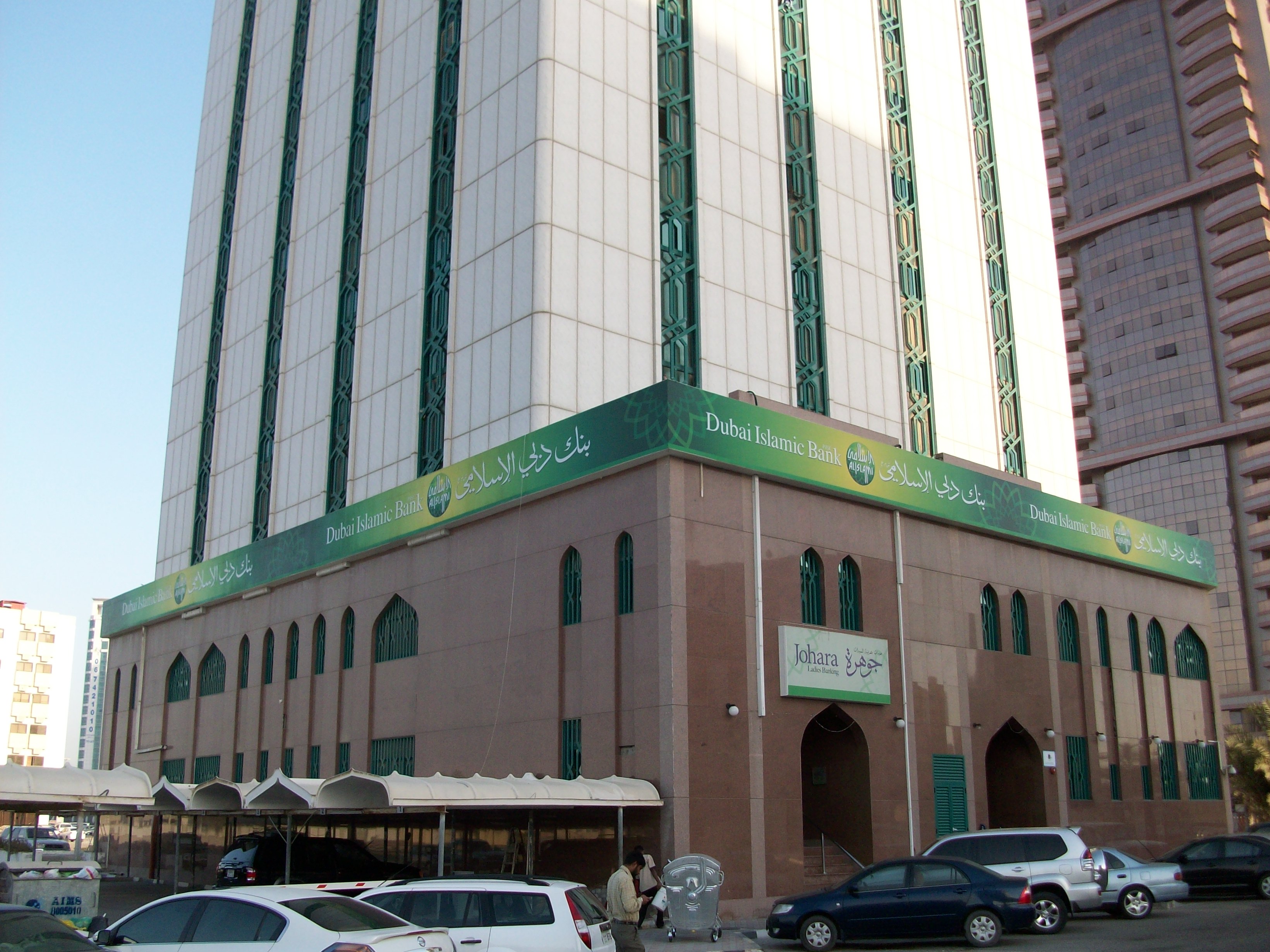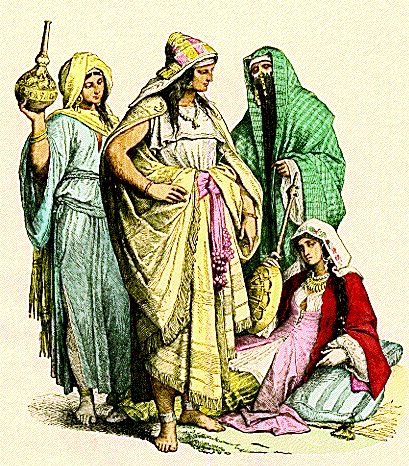|
Front Islamique Du Salut
The Islamic Salvation Front (; , FIS) was an Islamist political party in Algeria. The party had two major leaders representing its two bases of its support; Abbassi Madani appealed to pious small businessmen, and Ali Belhadj appealed to the angry, often unemployed youth of Algeria. Officially made legal as a political party in September 1989, less than a year later the FIS received more than half of valid votes cast by Algerians in the 1990 local government elections. When it appeared to be winning a general election in January 1992, a military coup dismantled the party, interning thousands of its officials in the Sahara. It was officially banned two months later. Its armed wing, the Islamic Salvation Army (AIS), fought in the Algerian Civil War against the Algerian government from July 1994 until its dissolution in January 2000. Goals The founders and leaders of the FIS did not agree on all issues, but agreed on the core objective of establishing an Islamic state ruled by ... [...More Info...] [...Related Items...] OR: [Wikipedia] [Google] [Baidu] |
Abbassi Madani
Abbassi Madani (; 28 February 1931 – 24 April 2019) was an Algerian politician who was the President of the Islamic Salvation Front. As its leader, he became the voice of a large part of the dispossessed Algerian youth. Career Madani was born in Diyar Ben Aissa, Sidi Okba, now in Biskra Province. In his youth he joined the National Liberation Front (Algeria), National Liberation Front (FLN) and participated in the first day of the Algerian War of Independence, 1 November 1954, by planting a bomb at an Algiers radio facility, but was arrested by the French on 17 November 1954, and remained in jail until independence in 1962. After studying for a doctorate in educational psychology in London from 1975 to 1978, he became a professor of educational sciences at the University of Algiers. Madani grew critical of the FLN's socialist orientation, and in 1989, after the Algerian Constitution was changed to allow multiparty democracy, he co-founded the Islamic Salvation Front (FIS), which ... [...More Info...] [...Related Items...] OR: [Wikipedia] [Google] [Baidu] |
Islamic Banking
Islamic banking, Islamic finance ( ''masrifiyya 'islamia''), or Sharia-compliant finance is banking or financing activity that complies with Sharia (Islamic law) and its practical application through the development of Islamic economics. Some of the modes of Islamic finance include '' mudarabah'' (profit-sharing and loss-bearing), '' wadiah'' (safekeeping), '' musharaka'' (joint venture), '' murabahah'' (cost-plus), and '' ijarah'' (leasing). Sharia prohibits ''riba'', or usury, generally defined as interest paid on all loans of money (although some Muslims dispute whether there is a consensus that interest is equivalent to ''riba''). Investment in businesses that provide goods or services considered contrary to Islamic principles (e.g. pork or alcohol) is also ''haram'' ("sinful and prohibited"). These prohibitions have been applied historically in varying degrees in Muslim countries/communities to prevent un-Islamic practices. In the late 20th century, as part of the revi ... [...More Info...] [...Related Items...] OR: [Wikipedia] [Google] [Baidu] |
Planned Economy
A planned economy is a type of economic system where investment, production and the allocation of capital goods takes place according to economy-wide economic plans and production plans. A planned economy may use centralized, decentralized, participatory or Soviet-type forms of economic planning. The level of centralization or decentralization in decision-making and participation depends on the specific type of planning mechanism employed. Socialist states based on the Soviet model have used central planning, although a minority such as the former Socialist Federal Republic of Yugoslavia have adopted some degree of market socialism. Market abolitionist socialism replaces factor markets with direct calculation as the means to coordinate the activities of the various socially owned economic enterprises that make up the economy. More recent approaches to socialist planning and allocation have come from some economists and computer scientists proposing planning mechanisms ... [...More Info...] [...Related Items...] OR: [Wikipedia] [Google] [Baidu] |
Hijab
Hijab (, ) refers to head coverings worn by Women in Islam, Muslim women. Similar to the mitpaḥat/tichel or Snood (headgear), snood worn by religious married Jewish women, certain Christian head covering, headcoverings worn by some Christian women, such as the hanging veil, apostolnik and Kapp (headcovering), kapp, and the dupatta favored by many Hindus, Hindu and Sikhs, Sikh women, the hijab comes in various forms. The term describes a scarf that is wrapped around the head, covering the hair, neck, and ears while leaving the face visible. The use of the hijab has grown globally since the 1970s, with many Muslims viewing it as a symbol of modesty and faith; it is also worn as a form of adornment. There is consensus among Islamic religious scholars that covering the head is required. In practice, most Muslim women choose to wear it. The term was originally used to denote a partition and was sometimes used for Haya (Islam), Islamic rules of modesty. In the verses of the Qur'an, ... [...More Info...] [...Related Items...] OR: [Wikipedia] [Google] [Baidu] |
Sharia
Sharia, Sharī'ah, Shari'a, or Shariah () is a body of religious law that forms a part of the Islamic tradition based on Islamic holy books, scriptures of Islam, particularly the Quran, Qur'an and hadith. In Islamic terminology ''sharīʿah'' refers to immutable, intangible divine law; contrary to ''fiqh'', which refers to its interpretations by Ulama, Islamic scholars. Sharia, or fiqh as traditionally known, has always been used alongside urf, customary law from the very beginning in Islamic history; has been elaborated and developed over the centuries by fatwa, legal opinions issued by mufti, qualified jurists – reflecting the tendencies of Schools of Fiqh, different schools – and integrated and with various economic, penal and administrative laws issued by Muslims, Muslim rulers; and implemented for centuries by Qadi, judges in the courts until recent times, when secularism was widely adopted in Islamic societies. Traditional Principles of Islamic jurisprudence, theory o ... [...More Info...] [...Related Items...] OR: [Wikipedia] [Google] [Baidu] |
Islamic State
The Islamic State (IS), also known as the Islamic State of Iraq and the Levant (ISIL), the Islamic State of Iraq and Syria (ISIS) and Daesh, is a transnational Salafi jihadism, Salafi jihadist organization and unrecognized quasi-state. IS occupied significant territory in Iraq and Syria in 2013, but lost most of it in 2019. In 2014, the group proclaimed itself to be a worldwide caliphate, and claimed religious, political, and military authority over all Muslims worldwide, a claim not accepted by the vast majority of Muslims. It is List of designated terrorist groups, designated as a terrorist organisation by the United Nations and many countries around the world, including Muslim world, Muslim countries. By the end of 2015, its self-declared caliphate ruled an area with a population of about 12 million, where they enforced their extremist interpretation of Islamic law, managed an annual budget exceeding billion, and commanded more than 30,000 fighters. After a grinding co ... [...More Info...] [...Related Items...] OR: [Wikipedia] [Google] [Baidu] |
Politics Of Algeria
Politics of Algeria takes place in a framework of a constitutional semi-presidential republic, whereby the President of Algeria is head of state while the Prime Minister of Algeria is the head of government. Executive power is exercised by the government. Legislative power is vested in both the government and the two chambers of parliament, the People's National Assembly and the Council of the Nation. Since the early 1990s, a shift from a socialist to a free market economy has been ongoing with official support. History The civil war resulted in more than 100,000 deaths since 1991. However, Algerians believe that the national death count was close to 3,000,000. Although the security situation in the country has greatly improved, addressing the underlying issues which brought about the political turmoil of the 1990s remains the government's major task. The government officially lifted the state of emergency declared in 1999. Constitution Under the 1976 Constitution (as modif ... [...More Info...] [...Related Items...] OR: [Wikipedia] [Google] [Baidu] |
Algerian Civil War
The Algerian Civil War (), known in Algeria as the Black Decade (, ), was a civil war fought between the Algerian government and various Islamist rebel groups from 11 January 1992 (following a 1992 Algerian coup d'état, coup negating an Islamist electoral victory) to 8 February 2002. The war began slowly, as it initially appeared the government had successfully crushed the Islamist movement, but armed groups emerged to declare jihad and by 1994, violence had reached such a level that it appeared the government might not be able to withstand it. By 1996–97, it had become clear that the Islamist resistance had lost its popular support, although fighting continued for several years after.#GKJTPI2002, Kepel, ''Jihad'', 2002: p.255 The war has been referred to as 'the dirty war' (''la sale guerre''), and saw extreme violence and brutality used against civilians.#GKJTPI2002, Kepel, ''Jihad'', 2002: p.254 List of Algerian assassinated journalists, Islamists targeted journalists, ov ... [...More Info...] [...Related Items...] OR: [Wikipedia] [Google] [Baidu] |
Sahara
The Sahara (, ) is a desert spanning across North Africa. With an area of , it is the largest hot desert in the world and the list of deserts by area, third-largest desert overall, smaller only than the deserts of Antarctica and the northern Arctic. The name "Sahara" is derived from , a broken plural form of ( ), meaning "desert". The desert covers much of North Africa, excluding the fertile region on the Mediterranean Sea coast, the Atlas Mountains of the Maghreb, and the Nile, Nile Valley in Egypt and the Sudan. It stretches from the Red Sea in the east and the Mediterranean in the north to the Atlantic Ocean in the west, where the landscape gradually changes from desert to coastal plains. To the south it is bounded by the Sahel, a belt of Tropical and subtropical grasslands, savannas, and shrublands, semi-arid tropical savanna around the Niger River valley and the Sudan (region), Sudan region of sub-Saharan Africa. The Sahara can be divided into several regions, including ... [...More Info...] [...Related Items...] OR: [Wikipedia] [Google] [Baidu] |
1992 Algerian Coup D'état
The 1992 Algerian coup d'état took place on 11 January 1992. Concerned by the FIS (Islamic Salvation Front) victory in the first round of the 1991 Algerian parliamentary election, 1991 parliamentary election, the army took action and cancelled the electoral process to prevent the forming of an Islamic state in Algeria. The army forced president Chadli Bendjedid to resign and brought in the exiled Mohamed Boudiaf to serve as the new president. The military argued that they had done this to "safeguard Algeria's republican institutions from political and radical Islamists" and to prevent Algeria from turning into a Theocracy, theocratic state. The coup led to the start of the Algerian Civil War. Background Preceding the coup were social-political-economic problems such as a 1986 collapse of oil prices (at the time 95% of Algerian exports and 60% of the government budget came from petroleum), a population explosion without jobs or housing to accommodate it, rhetoric of Third World ... [...More Info...] [...Related Items...] OR: [Wikipedia] [Google] [Baidu] |





